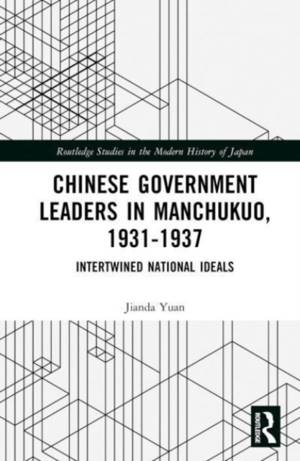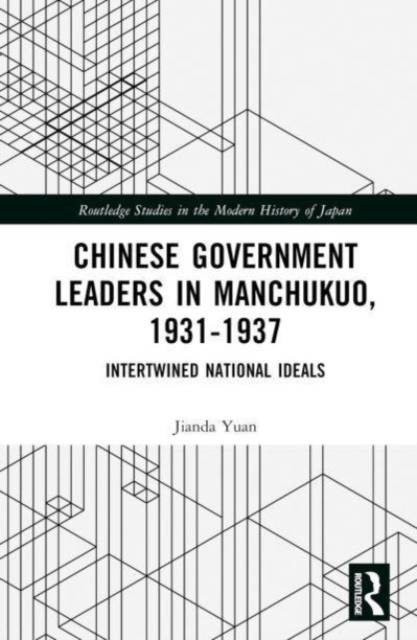
- Retrait gratuit dans votre magasin Club
- 7.000.000 titres dans notre catalogue
- Payer en toute sécurité
- Toujours un magasin près de chez vous
- Retrait gratuit dans votre magasin Club
- 7.000.0000 titres dans notre catalogue
- Payer en toute sécurité
- Toujours un magasin près de chez vous
Description
Drawing on historiography of the Japanese occupation in the Chinese, Japanese, and English languages, this book examines the politics of the Manchukuo puppet state from the angle of notable Chinese who cooperated with the Japanese military and headed its government institutions.
The war in Asia between 1931 and 1945, and particularly the early years of the conflict from 1931 to 1937, is a topic of world history that is often glossed over or misinterpreted. Much of the research and public opinion on this period in China, Japan, and the West deem these Chinese figures to be traitors, particles of Japanese colonialism, and collaborators under occupation. In contrast, this book highlights the importance of analyzing the national ideas of Manchukuo's Chinese government leaders as a method of understanding Manchukuo's operating mechanisms, Sino-Japanese interactions, and China's turbulent history in the early twentieth century.
Chinese Government Leaders in Manchukuo, 1931-1937 fills a gap in this research and is an ideal resource for scholars studying wartime Asia and Europe, as well as non-specialist readers who are interested in collaboration in general.
Spécifications
Parties prenantes
- Auteur(s) :
- Editeur:
Contenu
- Nombre de pages :
- 252
- Langue:
- Anglais
- Collection :
Caractéristiques
- EAN:
- 9781032413709
- Date de parution :
- 21-04-23
- Format:
- Livre relié
- Format numérique:
- Genaaid
- Dimensions :
- 156 mm x 234 mm
- Poids :
- 553 g

Les avis
Nous publions uniquement les avis qui respectent les conditions requises. Consultez nos conditions pour les avis.






